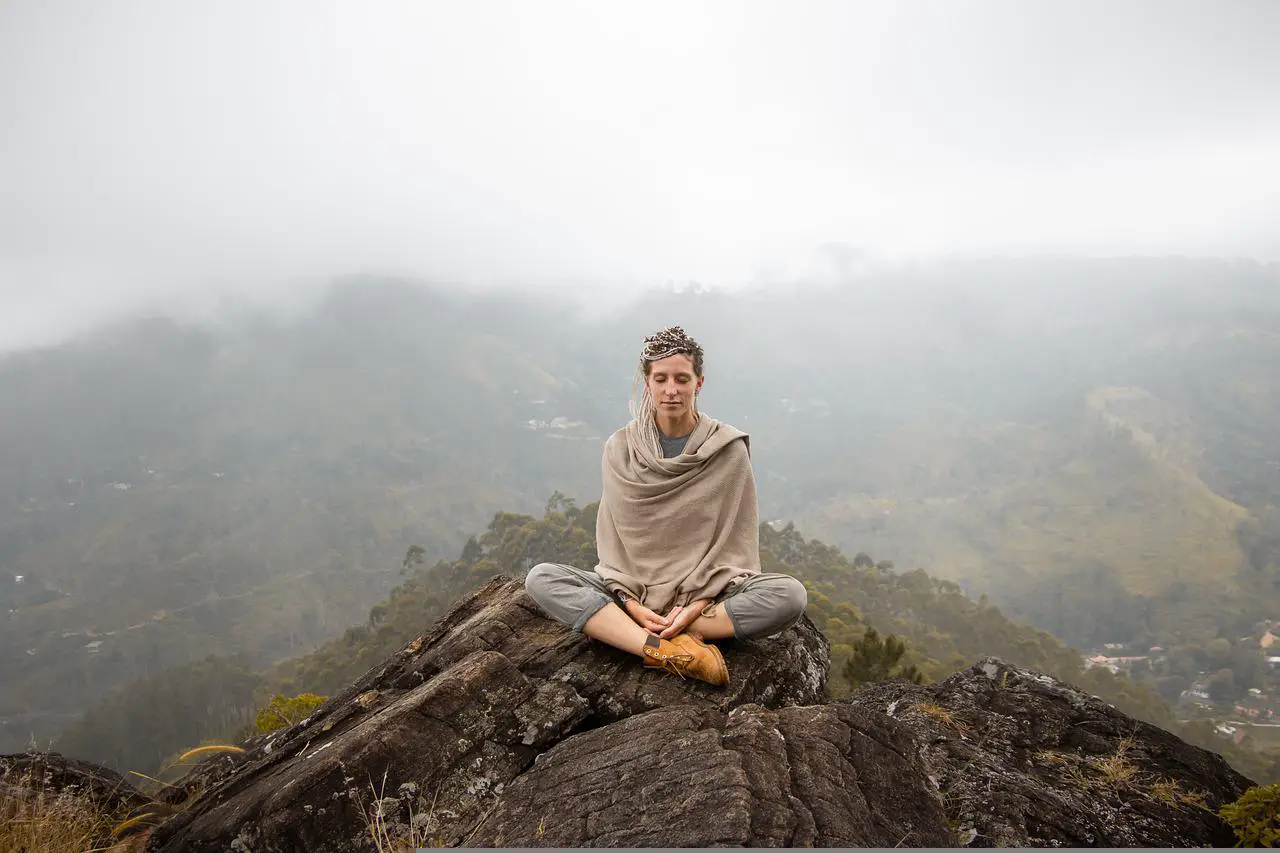
The world is a diverse, multi-faceted place — with countless cultures, beliefs, and practices that have been in existence since the dawn of time. Considering the different languages and cultures found all over the globe, it’s not surprising that many people find themselves confused about the difference between religion and spirituality.
According to the Public Religion Research Institute, approximately one-third of Americans claim to be neither spiritual nor religious, while some 29% of Americans say they are both spiritual and religious. It’s easy to confuse religion and spirituality; they both involve belief in a higher power or something greater than yourself.
The two are not the same, yet they are not entirely different. Below, we explore the five key differences between religion and spirituality to help you develop a personal framework for your own beliefs and practices.
1. Religion is a system of beliefs. Spirituality focuses on living your life in tune with your inner self.
Religion involves a system of beliefs and values that guide you through life. It answers life’s biggest questions, such as: Why am I here? What happens when I die? Will there be an afterlife? Does God exist? Different religions will answer these questions in their own way based on the teachings and doctrine within that religion; for example, they may look to the Bible for guidance.
Spirituality focuses more on your personal relationship with God or the divine, finding peace within yourself, and transcending those moments when life feels overwhelming or chaotic. There is no one set of beliefs but rather an awareness of a higher power that can help guide you through life.
There’s no concrete definition of what constitutes a “spiritual” person; everybody has their own idea about what that means to them personally based on their own experiences and beliefs. The term “spirituality” is often used interchangeably with terms like “inner peace,” “higher knowledge,” and “self-realization.” Still, these terms don’t necessarily reflect the same thing as spirituality either — they’re merely aspects of being spiritual that some people identify with more strongly than others do.
2. Religion focuses on rules and regulations, while spirituality focuses on your relationship with a higher power.
Religion is a system of beliefs and practices that give meaning to the life of an individual or group. It also provides a sense of belonging and may include ritualistic worship, often based on beliefs in supernatural beings or forces. For many people, religion can provide structure, community, and comfort for those who practice it because it allows for a framework for living life.
Many religions have some sort of spiritual component built into them — like prayer or meditation. Many people who follow a specific religion find great value in their religious beliefs and seek ways to connect through spiritual means outside of their religious community.
Meanwhile, spirituality encompasses an individual’s belief and connection with a higher power. Spirituality has many forms, but most spiritual people would describe it as a feeling of connection to something greater than themselves.
Essentially, spirituality is a personal experience of the sacred. It can be expressed through religion, but it doesn’t necessarily have to be. Spirituality is about your relationship with God or whatever spiritual force you believe in.
3. Religion emphasizes conformity, while spirituality encourages individuality and uniqueness.
Religion bases its rules on principles that have been handed down from ancient times as spiritual truths. You can see these rules in practice in many religions throughout the world, such as Christianity, Buddhism, and Islam.
In the broadest sense, religion is a cultural, universal system of designated behaviors and practices, world views, texts, sanctified places, prophecies, and ethics that its believers adhere to throughout life.
In contrast, spirituality is a personal search for meaning and purpose in life. It can include religious practices, but it doesn’t have to include any religious beliefs. Spirituality invites people to find their own answers about life through their experiences with others or with nature — not through what others tell them about God or how things are supposed to be done.
4. Religion emphasizes obedience to authority figures, while spirituality emphasizes obedience to a higher power.
With religion, the emphasis is on following the rules of the faith, which are enforced by authority figures and may include rituals, prayers, or sacrifices. For example, in the Catholic church, the Pope is considered to be infallible when he speaks on matters of faith and morals.
On the other hand, spirituality focuses on one’s relationship with God and how one conducts oneself in life. It does not require adherence to any particular set of beliefs or practices; instead, it values being connected with God at all times — even if one wishes to do so privately without having membership in any religious group or organization.
Spirituality is based on the ancient belief that the universe is full of energy and life force. It views everything as interconnected through energy, not separate things to study in isolation.
5. Religion encourages one faith, while spirituality may invite interfaith experiences.
Religion is based on a belief system centered on a particular deity or deities. Within many religions, there is very little wiggle room for moving outside the defined beliefs within that specific religion.
In contrast, spirituality doesn’t necessarily require adherence to a set belief system or any particular god or goddesses. People who consider themselves spiritual may follow any number of religions — or none. They may believe in reincarnation, karma, or any other concepts related to the afterlife. They may also practice meditation or yoga as part of their spiritual practices.
Religion and spirituality share some commonalities. Both are ways of connecting with something greater than ourselves, both have rituals and traditions, and both can help us find meaning in our lives. Ultimately, whether you turn to religion or spirituality is something best decided in your own mind. Christianity, Islam, Hinduism, Buddhism, Taoism — all these religions offer very different experiences that you might want or need. If you are respectful of others and of your own beliefs, there isn’t anything wrong with exploring and understanding what they have to offer.






